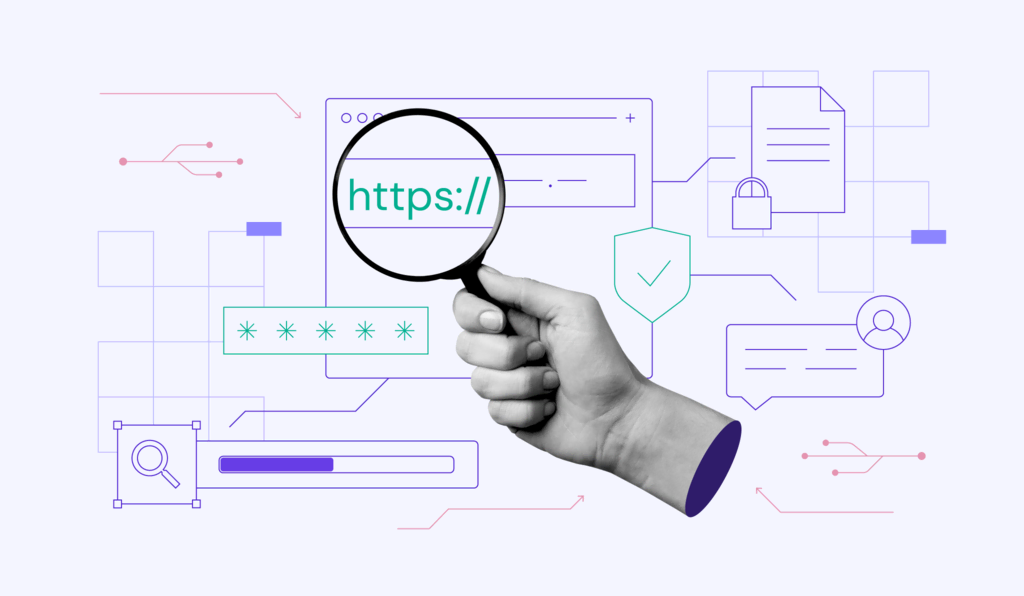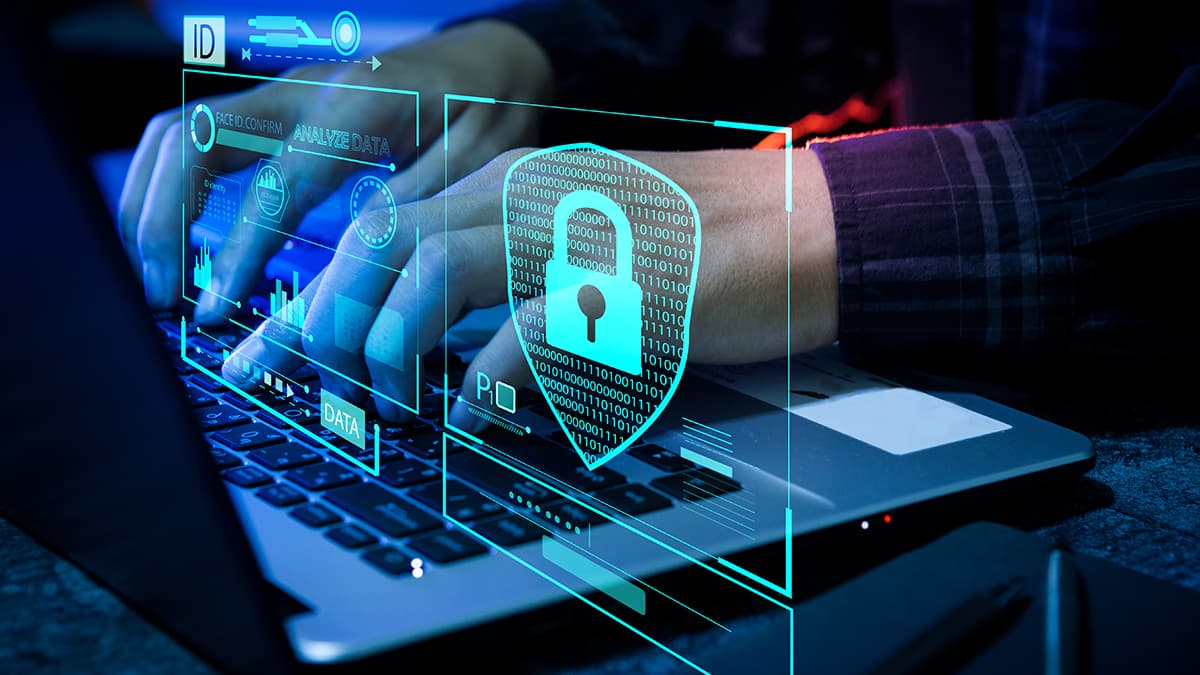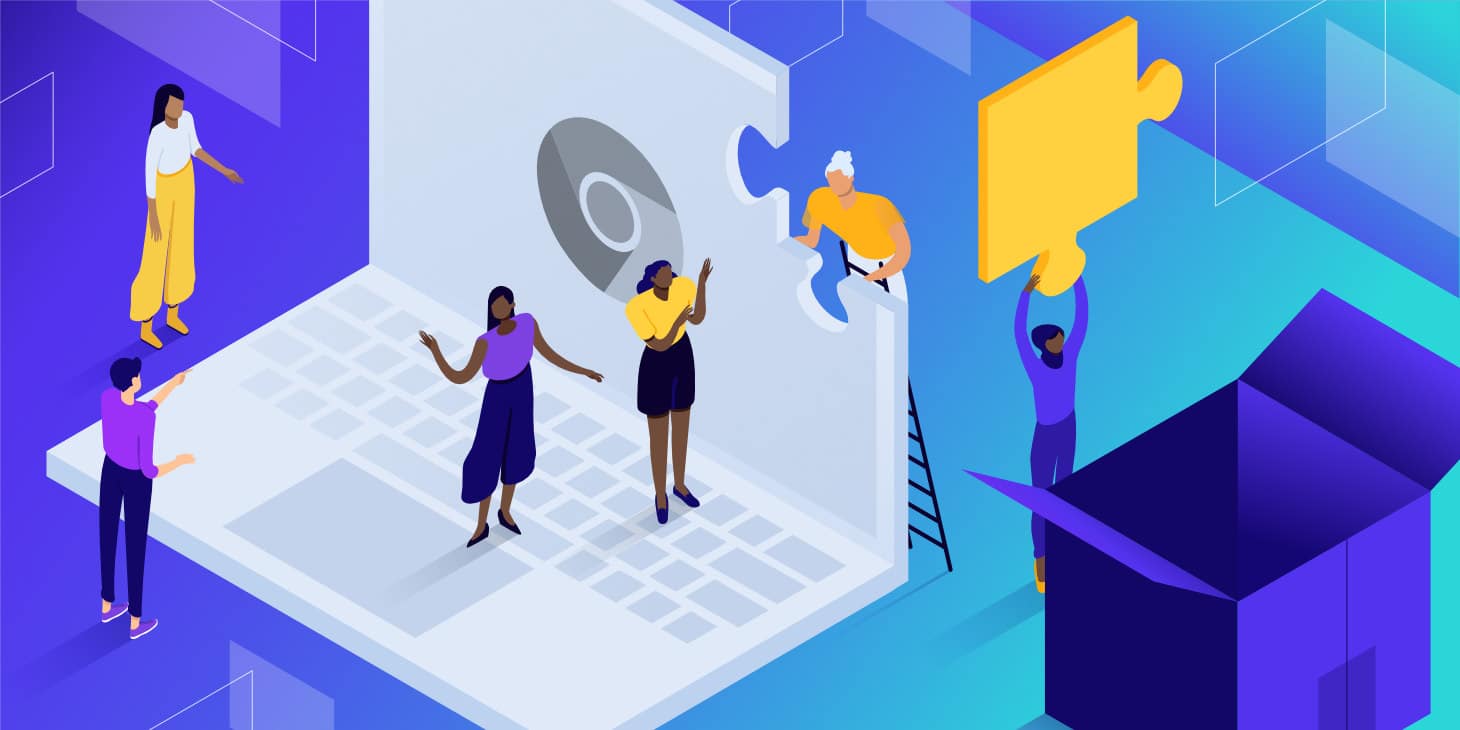
Individuals have seen several significant privacy incidents and data breaches in the past decade, which have weakened public confidence in the management of private information. A greater level of attention and regulatory actions to safeguard customer privacy have resulted from these occurrences.
Authorities throughout the world have been attempting to put extensive data protection rules and regulations into action as a result.
The idea of confidentiality on the internet and its importance have changed significantly. By the 2010s, it had gone from lesser hidden groups of tech-savvy, privacy-conscious people urgently trying to set up a social media account and share their entire life story with the world. But how they can preserve their personal details this 2024?
New Risks to Digital Privacy
Most of you understand that you have rights to privacy online, and the more obvious it is that unlawful actors are trying to violate them. In the world of malware, security breaches are huge industry. By using or selling the healthcare and personal details of victims, hackers can make millions.
Both the volume and intensity of thefts will keep rising. Additionally, thieves are beginning to use artificial intelligence to do their shady tasks. Deepfakes and produced speech will play an increasingly important role when it comes to cyberattacks.
Phishing is going to change as well since hackers are using LLMs like ChatGPT to create emails that look exactly like real human conversation.
How to Avoid These Occurrence?

A huge number of linked platforms and gadgets, each gathering and analyzing data differently, make up the digital world. How you live currently is completely intertwined with technology, from social media networks and digital transactions to devices and automated houses.
It’s necessary to recognize potential weaknesses and take preventative action to preserve personal information to get through this environment safely.
Take a look at these ideas that seek to simplify and increase accessibility to the security of data.
Utilize a VPN
Your internet service provider (ISP) and the browser you are using may potentially gather data about what you do online. Even while hidden or incognito mode, this can be exchanged with the authorities, used by ads, offered to predators, or even utilized by you for business.
To ensure that no one can monitor your online activities or see where you have been, a virtual private network secures your web browsing activity. You may stay safe from attackers when utilizing public Wi-Fi networks by using a VPN.
Reduce Information Sharing With Unknown Sites and Apps

Reducing the amount of information you disclose online is the best defense against identity theft. Social media sites are the ideal place to begin but you must also be mindful of how each program or service you utilize collects data.
Every social networking site and app gathers information about your online activities, hobbies, and identity. For instance, if you are eyeing to try virtual games and gambling from different websites, know that not every website is accountable and reputable enough to cater information’s from clients like you. Some are using it for identity theft but still, the trustworthy ones with transparent comparisons exist. You just have to be extra patient and cautious when choosing them.
Your internet record is made up of all these interactions and data points, which malicious actors might employ to obtain private information about you. Still, you cannot always count on them to handle your data with the utmost care.
Employ Tough and Distinct Passwords
The most crucial and frequently the only defense you have against fraud by thieves and hackers is strong passwords. Consider the amount of private information, including residential addresses and financial accounts that could be discovered in your email account.
Add authentication codes and passwords to all of your devices, even guest accounts, if you have not yet established them. Ensure that the passwords you use for your online accounts are strong and distinctive.
Keeping your passwords secure is made easier with a password management tool, as you most likely have lots of accounts.
Eliminate Any Unnecessary Extensions for Websites

The confidentiality and safety policies of apps and browser plugins are subject to change at any time. It’s advisable to erase or deactivate a tool if you’re not employing it regularly.
Perhaps user data can help you comprehend how an application makes money if you don’t know. Free applications and tools that conceal infection or tracking software are made by pirates and hackers. Stick to certified app stores, which are has a greater probability to only accept apps that are real to be sure and protected.
Check the Authorizations of Your Apps
Certain apps request unnecessary permissions that are unrelated to their purpose. For instance, you can check the weather using a weather app without granting it permission to use your contacts list or microphones.
In your smartphone’s Settings options, you may check the permissions you have granted to individual apps. After you scroll down to see an overview of all the apps on your device, tap on each one to view the permissions you allowed and make any necessary adjustments.
Verify Any Strange Links Repeatedly

Remaining cautious about links is a very simple method of securing your digital identity. In other words, before clicking, carefully consider and verify the link. Because you will be limiting your device’s contact with spyware and malware, it is also an ideal way to secure it.
Even if visiting a link does not ensure that you will become an identity theft victim right away, it does raise your risk. This is because different malicious information behaves differently. Certain websites ask for additional details, such as your credit card info, and have a design that looks official. Malware may be secretly installed by others.
Conclusion
The task of protecting your personal information and privacy online has grown complex due to contemporary developments and technologies. Because there are always new hazards to be aware of, the most effective plan for most users is to exercise vigilance.
Putting safety measures in place for the technology you use is also a good idea.
Thankfully, modern tools that were not around when the internet first started to take off are now accessible.








